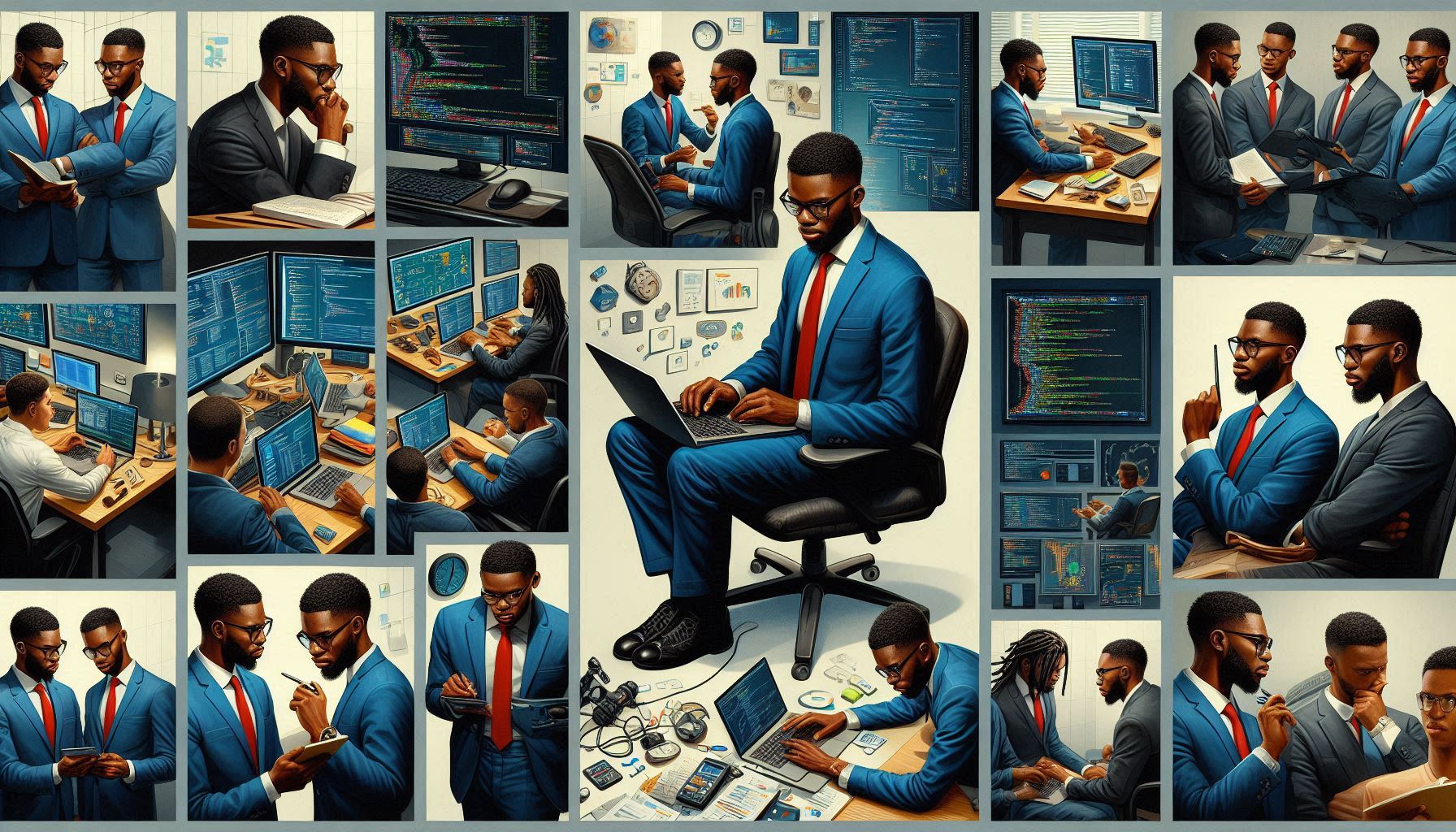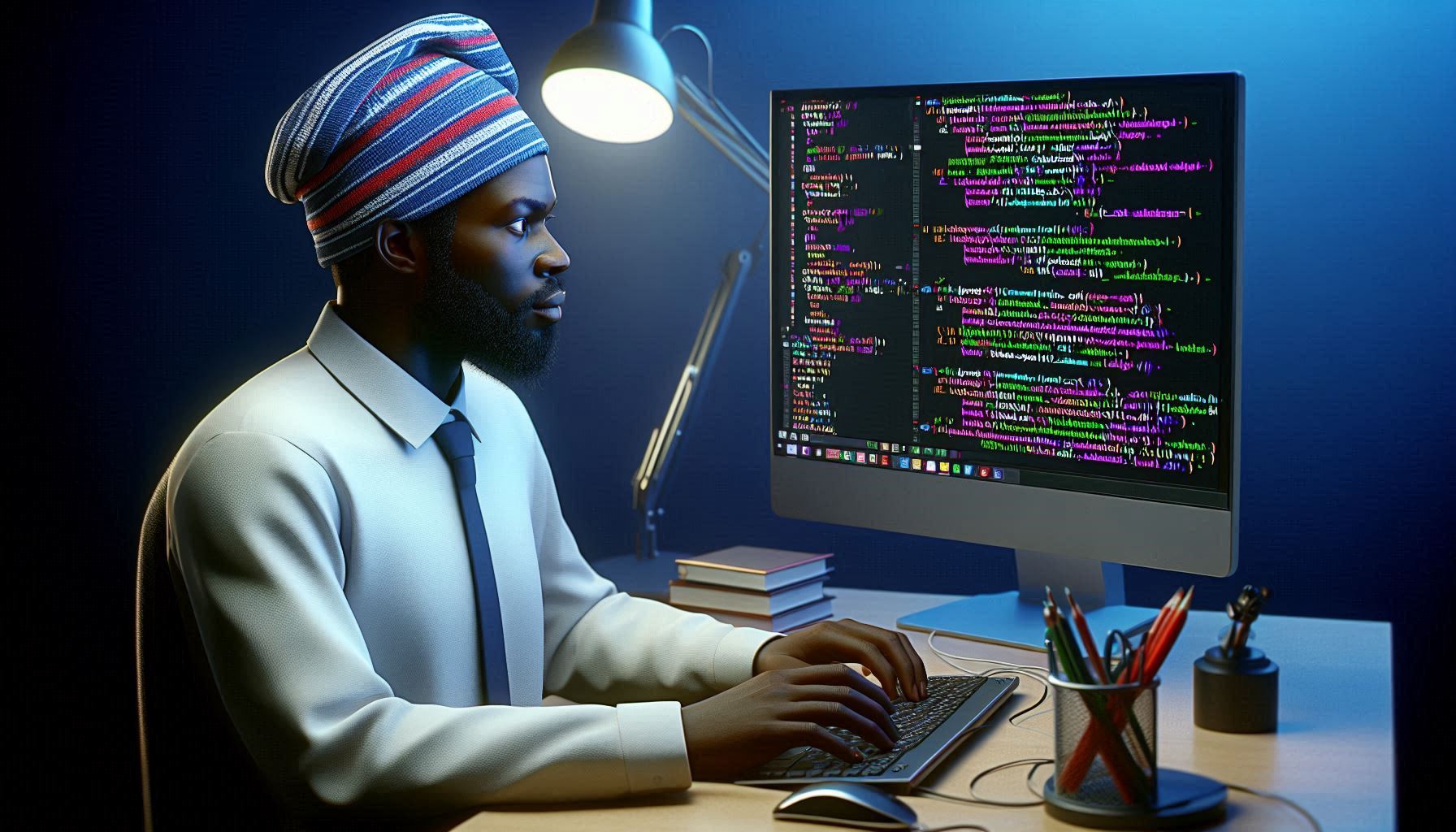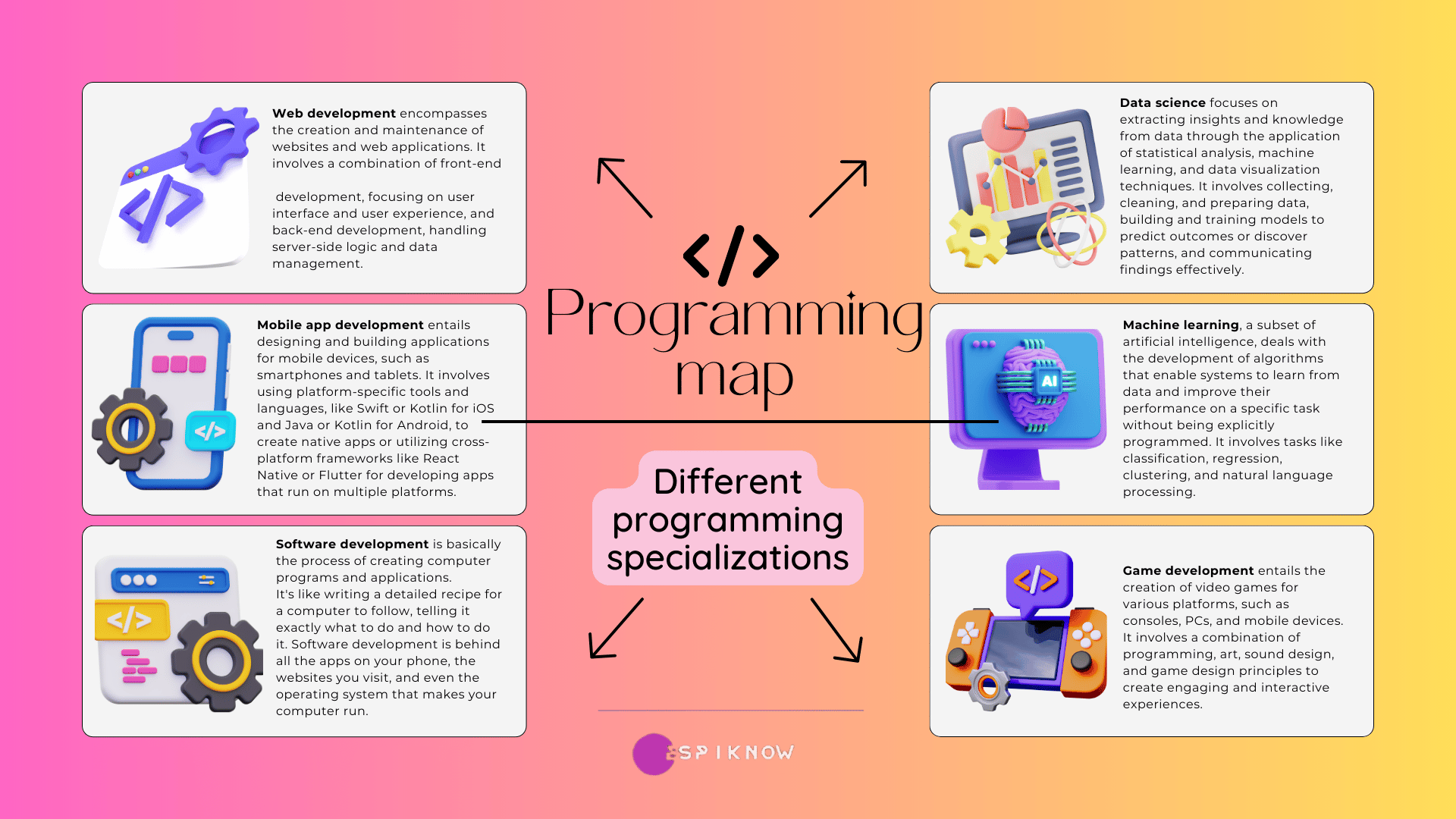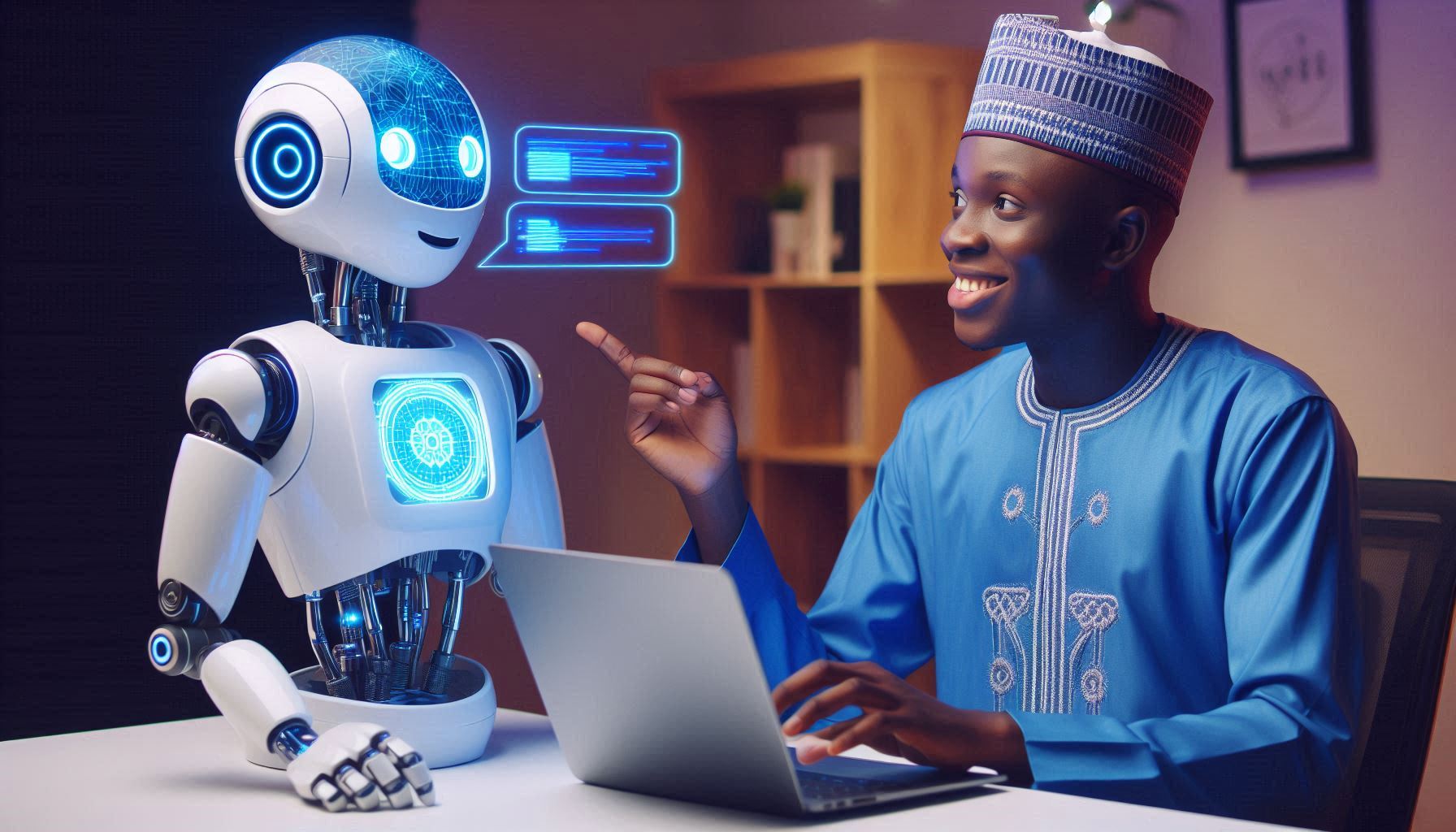
In today's technology-driven world, programmers are the architects of our digital landscape. They are the creative minds behind the software, applications, and websites we interact with daily. But what exactly do programmers do? Let's dive deeper into their world and uncover the diverse roles they play.
The Essence of Programming
At its core, programming is the process of writing instructions that computers can understand and execute. These instructions, written in various programming languages, tell the computer what to do, how to process data, and how to interact with users. Programmers, also known as software developers or coders, are the skilled professionals who craft these instructions.
The Many Hats of a Programmer

Programmers wear many hats, and their responsibilities can vary significantly depending on their specialization and the projects they work on. However, some common tasks include:
- Problem Solving:

At the heart of programming lies problem-solving. Programmers analyze complex problems, break them down into smaller, manageable parts, and design algorithms to solve them. They utilize their logical thinking, creativity, and analytical skills to develop efficient and effective solutions.
- Coding: The Language of Computers

If problem-solving is the blueprint, then coding is the construction material. Programmers use specialized languages like Python, Java, or C++ to write the instructions that make computers tick. It's like learning a new language, but instead of chatting with people, you're having a conversation with a machine. And trust me, computers can be very picky about grammar!
- Testing and Debugging: The Never-Ending Quest for Perfection

Programmers rigorously test their code to identify and fix any errors or bugs that may cause unexpected behavior. They use various testing techniques and debugging tools to ensure the software runs smoothly and delivers a seamless user experience.
Even the best programmers make mistakes (yes, they're human too!). That's where testing and debugging come in. Programmers meticulously scrutinize their code, hunting down those pesky bugs that can cause crashes, glitches, or just plain weird behavior. It's a bit like being a detective, except the clues are hidden in lines of code instead of fingerprints.
- Collaboration and Communication:

Programming is rarely a solo mission. It's more like a collaborative symphony, with programmers working alongside designers, project managers, and clients to bring their digital visions to life. Communication is key, and the ability to explain complex technical concepts in plain English is a superpower in itself.
- Lifelong Learners: Keeping Up with the Tech Tornado

Technology moves at lightning speed, and programmers need to keep up or risk becoming obsolete. They're constantly learning new languages, frameworks, and tools to stay at the top of their game. It's like being a perpetual student, but hey, who doesn't love learning cool new stuff?
Specializations in Programming

Programmers often specialize in specific areas, such as:
- Web Development: Building websites and web applications using technologies like HTML, CSS, and JavaScript.
- Mobile App Development: Creating applications for smartphones and tablets using platforms like iOS and Android.
- Software Development: Designing and developing desktop applications and software systems.
- Data Science: Analyzing and interpreting large datasets using programming languages like Python and R.
- Artificial Intelligence (AI) and Machine Learning: Developing intelligent systems that can learn and make decisions.
The Programmer's Mindset: Beyond the Code
Programming is more than just writing code. It's a mindset that embraces problem-solving, creativity, and continuous learning. Programmers are passionate about technology and its potential to shape the future. They enjoy the challenge of building something new and seeing their creations come to life.
Programmers are the unsung heroes of the digital age, shaping the way we live, work, and interact with the world. Their skills and dedication are essential for driving innovation and progress in every industry. If you're looking for a challenging and rewarding career that allows you to make a real impact, programming might be the perfect path for you.
Call to Action: Unleash Your Inner Programmer with Espiknow AI

Inspired to join the ranks of these digital architects? Espiknow AI is here to help! Our AI Code Generator and Tutor templates make coding accessible and fun, even for absolute beginners. So whether you're dreaming of building the next killer app or just want to understand the tech world a little better, take the first step today and unleash your inner programmer with Espiknow AI.

